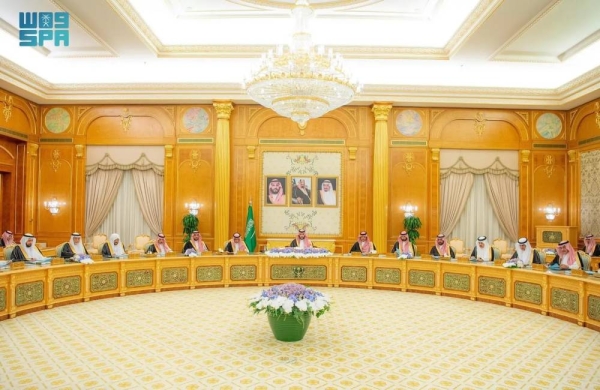The recent Saudi Cabinet session, chaired by Crown Prince Mohammed bin Salman, saw the approval of several key laws and initiatives aimed at enhancing the country’s commercial and economic landscape. Among the approvals were the Law of Commercial Registration, the Law of Trade Names, and the Tax Law of Real Estate Transactions. Additionally, the Year 2025 was designated as the Year of Handicrafts, signifying the government’s commitment to promoting traditional crafts and industries. Minister of Media Salman Al-Dossary highlighted the importance of these decisions and the government’s efforts to strengthen bilateral cooperation with countries such as China and Egypt.
The approval of the Law of Commercial Registration and the Law of Trade Names is a significant step in streamlining the process for businesses operating in Saudi Arabia. These laws will provide clarity and structure to commercial activities, making it easier for businesses to register and operate within the country. The Tax Law of Real Estate Transactions will also have a positive impact on the real estate sector, helping to regulate transactions and ensure transparency in the market.
The naming of the Year 2025 as the Year of Handicrafts underscores the government’s commitment to preserving and promoting traditional crafts and industries. This initiative will not only support artisans and craftsmen but also showcase the rich cultural heritage of Saudi Arabia to the world. By focusing on the development of the handicraft sector, the government aims to create more economic opportunities and support the growth of small businesses in the country.
The Saudi-Chinese High-Level Committee meeting, which was attended by Chinese Premier, was also highlighted during the Cabinet session. The strong strategic partnership between Saudi Arabia and China was commended, with both countries expressing their commitment to enhancing cooperation in various fields such as political, security, military, energy, trade, investment, financial, scientific, technical, cultural, and tourism. The outcomes of this meeting further solidify the ties between the two nations and pave the way for future collaborations.
The talks held between the Egyptian Prime Minister and Saudi officials were also lauded during the Cabinet session, highlighting the strong fraternal relations between the two countries. The formation of the Saudi-Egyptian Supreme Coordination Council aims to deepen cooperation and enhance bilateral ties in various areas of mutual interest. This move demonstrates the shared commitment of Saudi Arabia and Egypt to working together for the benefit of their respective populations and strengthening regional partnerships.
In conclusion, the recent decisions and approvals made during the Saudi Cabinet session reflect the government’s dedication to promoting economic growth, enhancing cooperation with key allies, and preserving the cultural heritage of the country. The laws and initiatives approved will have a positive impact on businesses operating in Saudi Arabia, while the partnerships with countries such as China and Egypt will strengthen regional ties and foster collaboration in key sectors. As the government continues to implement strategic measures to support various industries and sectors, Saudi Arabia is poised for continued growth and development in the years to come.











